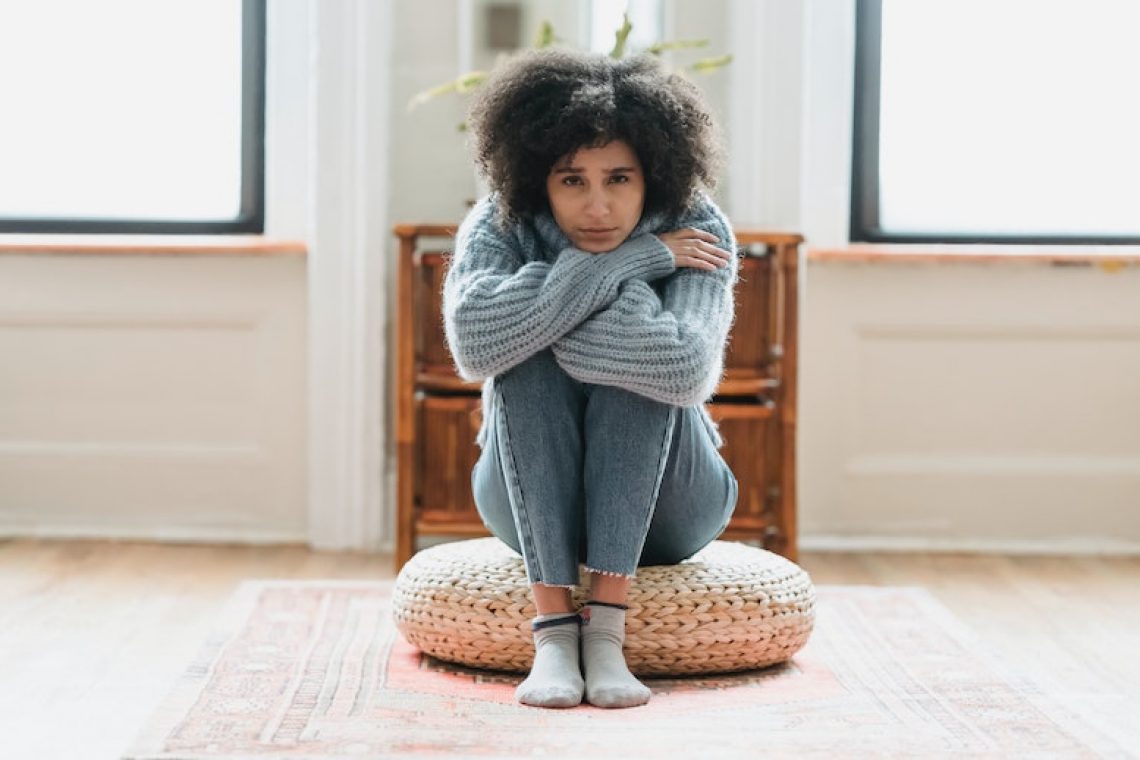Depression is a burdening and increasingly prevalent mental health diagnosis.
Most people equate depression with just feelings of sadness and nothing more. The truth is, depression can affect a person so much more than just melancholy feelings. One side effect that not many people realize is memory loss.
Depression and memory loss have a connection. If your loved one struggles with depression it is important to understand how you can help them.
Read on for a guide to helping yourself or your loved one overcome depression and memory loss.
What Is Depression?
Depression affects many individuals worldwide. This mental illness even leads people to die by suicide, with a grieving number of 800,000 deaths every year.
It is important to acknowledge that depression isn’t just something we can let slide by and not do anything about. There are ways to help ease the pain of your loved ones and support them.
There are many signs and symptoms you can be aware of to catch depression early on.
Signs and Symptoms
One of the prevalent signs of depression is a persistent feeling of sadness and melancholy. While this is a prevalent sign, it is not the only one to look for.
Common signs and symptoms of depression in your loved ones can include:
- Appetite changes – Whether it’s eating more or eating less, appetite changes can be a sign of depression. Someone might turn to food for comfort or turn away from food if they feel no motivation for it.
- Tired – Disrupted sleep patterns and sluggishness are common symptoms of depression. The lack of motivation results in feeling sluggish and tired all the time. Plus, people with depression tend to have insomnia and cannot sleep.
- Decreased interest in activities/hobbies – No longer showing an interest or motivation in things that used to be exciting to them, is also a sign of depression.
- Emotional rollercoasters – People with depression tend to be on emotional rollercoasters. They don’t know how to control themselves and sometimes have outbursts of anger, crisis, hopelessness, or suicidal thoughts.
- Negative outlook – Talking positively about death and negatively about life, is also a sign of depression. It is vital that at this point that if you or a loved one experiences these thoughts that you seek help.
The Connection Between Depression and Memory Loss
Studies on depression show that there is a link between depression and memory loss and that memory loss is another sign and symptom of depression.
This symptom does not include long-term memory but focuses on short-term memory. The only way this could possibly impact long-term memory is within the details of certain life happenings. Someone may remember the event, but the details are difficult to recall.
For short-term memory, this can mean also finding it difficult to focus on tasks for a long period of time and forgetting things very quickly.
Like long-term memories of events, someone may be able to recall recent important events but be unsure of the details or specifics of what went on. They may be more likely to start a task and forget what they were doing or were supposed to do. This can impact remembering certain activities, like previous scheduled appointments or commitments.
Extremes and Lows
At an extreme, someone with depression may become confused or disassociate at certain places that they forgot they are at or don’t understand. While depression normally does not affect this hard, this can be a possibility depending on the level of depression and symptoms.
On a lower level, memory loss from depression can just mean misplacing things more often and being unable to retrace steps to find it. This could be simple things or bigger things, so depending on what they misplace could cause the most frustration.
Treatment For Depression and Memory Loss
Psychotherapy, counseling, and medication are common solutions for depression.
Medication can help increase a person’s mood and motivation, but it might not be able to help with memory. A better treatment for memory loss symptoms is therapy and helpful exercises. This can include but is not limited to:
- Drills – Drills can be helpful if there are certain things that you have trouble remembering or concentrating on. They can be helpful exercises that are repeated to ‘drill’ the function into one’s memory.
- Life adapting – Sometimes, the only way to help memory problems is to adapt life to it. This could mean writing out a list of daily activities and tasks or having a significant other help keep track of daily tasks. It could also be helpful for someone to change their surroundings and environment if it is impacting their depression and memory.
- Decreasing the speed of your day – People tend to rush through things to get them done. When someone is struggling with memory problems, it could be helpful to slow down so their brain has time to process.
Overall, the best thing to do is speak to your doctor or health care provider about set ways to help your memory issues and depression. They can best analyze your problems and what would be the most efficient way to handle them.
What Now?
Now that you understand the effects of depression and memory loss, you can take the step to help yourself or a loved one increase their quality of life.
Contact us today to receive the help you need to conquer depression.


